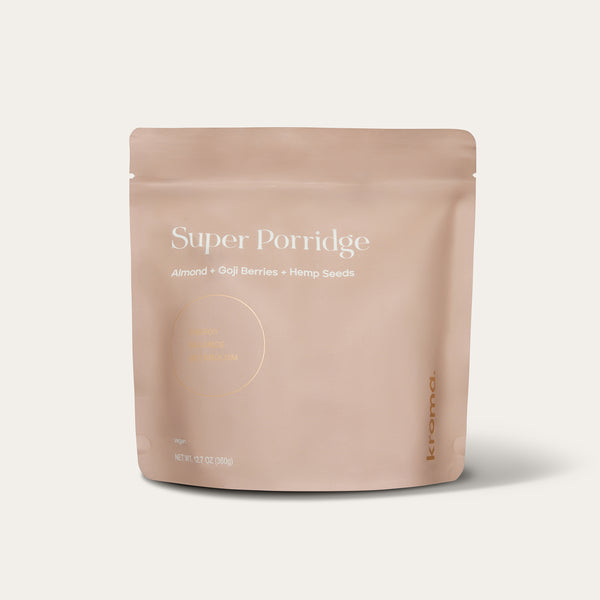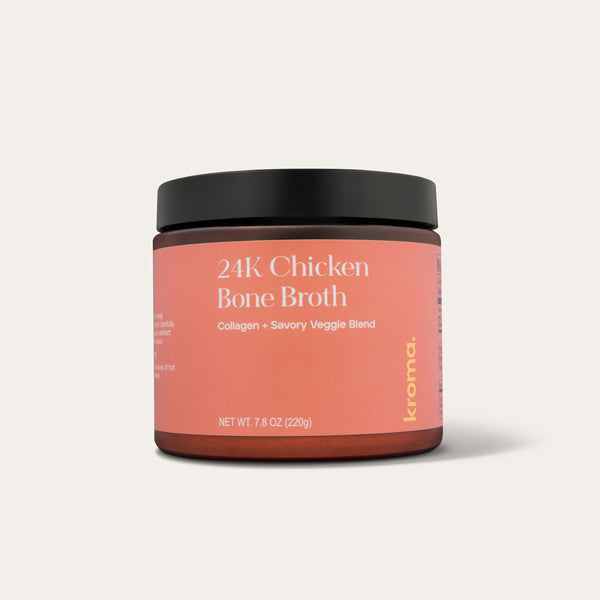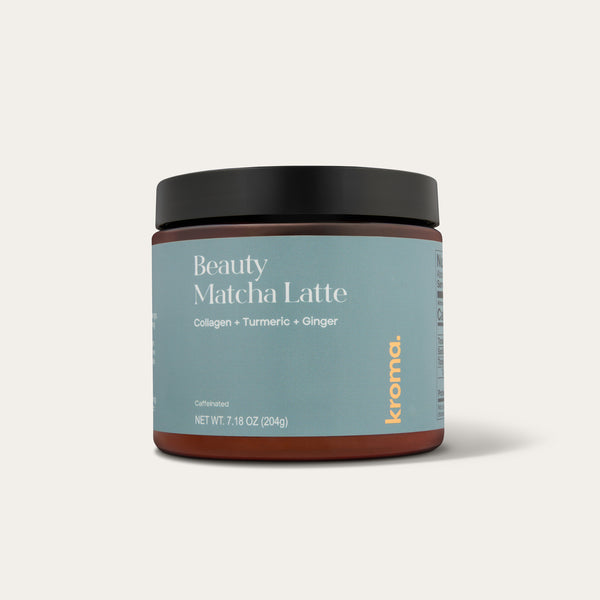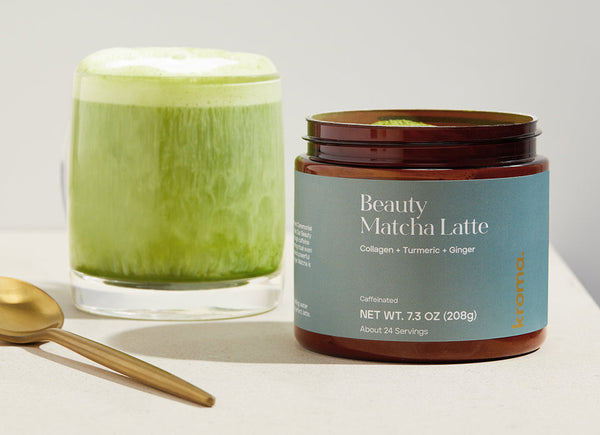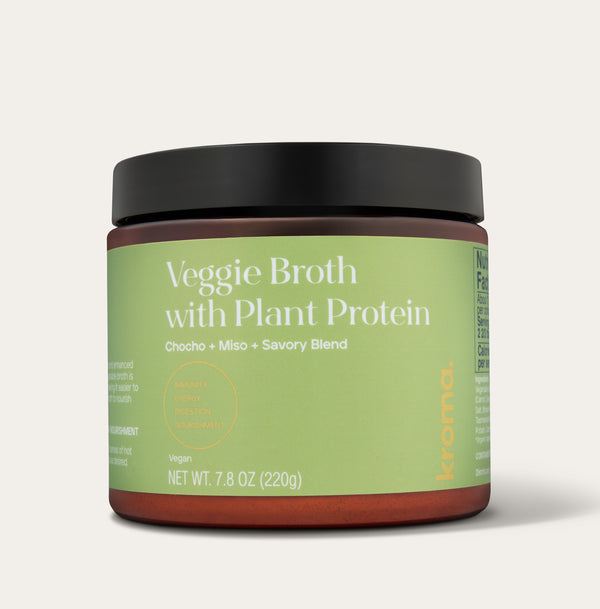With so many protein option available, it can be difficult to determine which ones are the healthiest for your lifestyle. This overview will help you identify the types of meat that are healthy and those that you may want to avoid.
What Meats Should I Include in My Diet?
When choosing meat, it's important to prioritize sources that are grass-fed, sustainably raised, and caught, in addition to options that are high in protein and low in fat. This reduces the risk of heart disease which is commonly associated with a diet high in saturated fats. For the leanest cuts with little marbling, look for "select" meats. Here are some healthy meats to include in your diet:
Chicken
Chicken is one of the best animal-based protein sources and has a great protein-to-fat ratio. As with any meat, it's essential to prioritize sustainably raised and grass-fed chicken when choosing the best option. Chicken can be consumed in various forms and easily incorporated into nutritious dishes.
Bone broth is an easy and impactful way to add chicken to your diet. It's packed with protein and supports gut health with its high concentration of amino acids and glucosamine. Our 24k Chicken Bone Broth offers plenty of protein from chicken and gut-boosting nutrients to keep your microbiome thriving.
Turkey
Like chicken, turkey is another healthy meat with high protein content and low fat. Whether you choose dark or white meat, skinless turkey offers potential health benefits. However, ground turkey may contain skin, increasing its overall fat content.
Turkey is a versatile meat that can be prepared ahead of time and incorporated into meals throughout the week. Use it in sandwiches, soups made with our Veggie Broth, or veggie-packed bowls for a variety of protein-based meals that will leave you feeling full and sustained with energy.
Lean Pork and Grass-Fed Beef
Both pork and beef can be fatty, but leaner cuts of both can offer healthy protein sources. Look for lean cuts like pork tenderloin, pork chops, or pork top loin, and pair them with fresh vegetables and whole grains. Additionally, beef liver is high in vitamin A.
Choose grain-fed or grass-fed beef for more flavor. If you follow the paleo diet, consider making a dish with one of these lean cuts of beef or pork, such as sirloin or flank steak, served with potatoes.
Wild-Caught Fatty Fish
Fish are important protein sources, especially those with good fats and fatty acids. Salmon, swordfish, scallops, albacore tuna, and trout are some options that contain the "good" fats. Also known as oily fish, they contain omega-3 fatty acids that are beneficial for your brain, blood, and heart.
There are many ways to incorporate these healthy meats into your diet, providing a wealth of culinary options. Popular cooking methods include grilling, baking, and pan-searing. Being rich in good fats, fish make an excellent centerpiece for a meal, paired with fresh vegetables and a complex grain like brown rice.
Grass-Fed Bison
Bison is one of the best land-based protein sources, offering 17 grams of protein per 85-gram serving. Its high protein-to-fat ratio and flavor profile have made grass-fed bison increasingly popular. Bison can be cooked like other red meats, such as grilling or pan-searing as a steak, or added to dishes like stir-fry and soups.
Lamb
Lamb is a flavorful and nutritious addition to any dish, offering high protein, vitamin B12, zinc, and low fat. With a distinct flavor profile compared to chicken, lamb can be used in pasta.
Meatless Protein Sources
There is no shortage of meatless protein sources available. The challenge is finding the best option for your diet, lifestyle needs, and dietary restrictions. Here are some popular and high-impact meatless protein sources and how to incorporate them into your lifestyle:
Nuts
Nuts, both raw and in butter form, are an excellent source of protein. From almonds to hazelnuts, there are many options to choose from. However, not all nuts have the same fat or protein content, and some may not be suitable depending on dietary restrictions or allergies.
If you follow the paleo diet, consider almonds, cashews, pistachios, and walnuts, which are filled with good fats, proteins, and fibers to provide sustainable energy throughout the day.
Beans and Legumes
Legumes, including beans and peas, are a great alternative to meat as a protein source. Chickpeas, edamame, black beans, and lentils are just a few examples of beans and peas that are high in protein. Beans and legumes are versatile and can easily be incorporated into any dish, such as grain salads, vegetarian soups, or roasted as a snack.
However, beans are high in lectins, which can lead to digestive upset, poor nutrition absorption, and intestinal issues in large amounts. If you prefer meatless options, consider sticking with tofu and other plant protein sources like chocho.
Our Veggie Broth with Plant Protein contains brown rice protein, a veggie blend, and chocho plant protein for a delicious and protein-packed way to support your energy and immune system.
Tofu
Tofu, also known as bean curd, is made from soybeans and is a well-known source of protein. It comes in varying firmness, ranging from soft to extra firm, and can be seasoned and flavored to your preference. Tofu can be used as a main dish, in stir-fry or veggie-packed bowls, and takes on any flavor it is seasoned with, making it a popular meat replacement.
Despite rumors about tofu being harmful to health, modern studies have debunked these theories, and tofu can be a valuable addition to a meatless or low-meat diet in moderation.
Organic Eggs
Eggs are a staple food that are rich in protein and can be easily incorporated into a wide range of dishes. They provide a relatively high source of protein for their small size, while also being low in fat. However, it's important to note that eggs can be a highly allergenic food.
If you opt to include egg whites in your diet, you'll be getting the 6g of protein from the egg without the monounsaturated fat found in the egg yolk. Additionally, eggs are a low-carb food, making them a great choice for those who are watching their carbohydrate intake.
What Meats Should I Avoid?
While meat isn't necessary to be your main source of protein, if you do choose to include it in your diet, it's essential to prioritize options that are high in protein, low in fat, and sustainably raised or grass-fed. Some meats may offer high levels of protein, but they come with significantly higher levels of fat or are often not raised in an environmentally-friendly or ethical manner.
To maintain a healthy diet, it's best to avoid fatty and processed meats, as well as red meats that have been treated with hormones. Here's a breakdown of why these meats should be avoided:
Too Much Red Meat
Although red meat can be a protein-rich option in moderation, it generally has a higher fat content compared to other types of meat. Eating red meat frequently can negatively impact your health, as it has been linked to several health risks, including type-2 diabetes, stroke, and coronary heart disease.
While eating red meat in moderation is unlikely to cause these problems, relying solely on red or processed meats can have significant consequences. Additionally, it's important to prioritize ethical, local, and grass-fed sources of red meat, as this type of meat is often not raised in a sustainable manner.
Processed Meats
Processed meats are not typically raised in an environmentally-friendly or ethical manner, similar to red meat. Typically, processed meats have undergone a preservation process that often includes smoking, canning, curing, or salting. Additionally, they often contain added preservatives.
Bacon, salami, hot dogs, most fast food meats, deli lunchmeat, ground beef hamburgers, and even beef jerky are examples of processed meats. With added salt, preservatives, and high-fat contents, these meats should not be a primary source of protein in your diet.
Instead of relying on processed meats, choose healthier options when available, such as plant-based alternatives or lean meat that has been sustainably raised.
Fatty Meats
Fatty meats, such as beef, lamb, and pork, are not the best options for a consistent, high-protein diet. The fat content of these meats can vary depending on the cut, with certain cuts having a higher fat content. For example, filet mignon has a high level of fat compared to the amount of protein it provides.
A diet high in saturated fat can harm your health, increasing the risk of conditions such as high cholesterol, diabetes, and hypertension. To maintain a healthy diet, consider choosing leaner cuts of meat or alternative sources of protein.
Hormone-Treated Products
Meats that have been treated with hormones, whether raised on a farm or in the ocean, should be avoided. Animals that have been treated with hormones may grow faster, but this hormone treatment comes with a cost.
There's no need to consume additional hormones from animals, especially if they have not been raised in an ethical or environmentally-friendly way. When selecting meat, it's important to prioritize.
What Are the Benefits of Healthy Proteins?
Healthy proteins are essential for maintaining a healthy body and overall wellness. They have several benefits that make them a valuable part of a balanced diet.
Satiety
One of the key benefits of healthy proteins is their ability to keep you feeling full for longer. When you consume more protein and higher levels of complex proteins and fats, you are less likely to feel hungry shortly after eating. This is because healthy proteins have a higher satiety index, meaning they keep you feeling full for longer.
Sustained Energy
Another benefit of healthy proteins is that they provide sustained energy throughout the day. Unlike sugary snacks or high-fat foods, healthy proteins keep you feeling full and energized for longer, which can help you maintain consistent energy levels.
Weight Management
In addition to providing sustained energy, healthy proteins can also contribute to weight management. By consuming more protein than fat, you are less likely to feel hungry and reach for unhealthy snacks during the day. This can help you maintain a healthy weight and prevent overeating.
Muscle Tone
Healthy proteins can help you tone your muscles. Leaner proteins, such as those found in chicken, fish, and tofu, are more effective at building lean muscle than fatty proteins. This is because they have a higher protein-to-fat ratio, which makes them a more efficient source of energy for the body.
The Bottom Line on Proteins
Meat can be a great source of protein but it can also be high in fat and difficult for the body to transform into sustainable energy. If you are looking for a protein source that is both healthy and sustainable, consider incorporating lean meats or plant-based sources into your diet. By doing so, you can get the protein you need without compromising your health or wellness goals. It’s a simple swap that gives you the protein you need, with a plant-based source you can feel good about.






